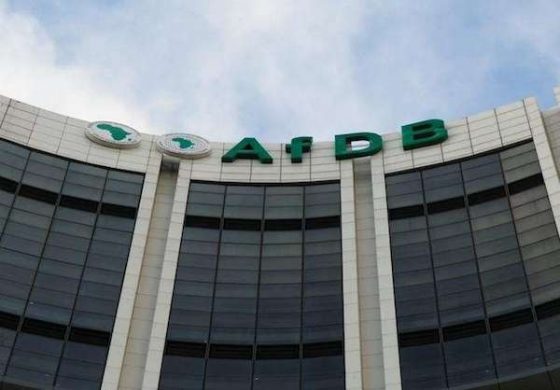The Board of Directors of the African Development Bank (AfDB) has awarded a grant of $320, 535 to the West African Monetary Agency (WAMA) to mainstream gender in ECOWAS’ core digital financial services (DFS) regulatory frameworks.
A news report by the African Press Organisation (APO) Group on the funding intervention indicated that the fund would support a gender gap analysis of several WAMA strategies including those for financial inclusion; gender disaggregation data analytics; digital payment services and infrastructure; and digital identity.
According to the online news distribution medium, the project, to be executed over a three year period, will potentially affect 350 million people in all 15 ECOWAS nations: Benin, Burkina Faso, Cote d’Ivoire, Cabo Verde, Ghana, Guinea, Gambia, Guinea Bissau, Liberia, Mali, Niger, Nigeria, Senegal, Sierra Leone and Togo.
The grant will be disbursed through the Africa Digital Financial Inclusion (ADFI) Facility, a blended finance vehicle, supported by the Bank.
Commenting on the grant, the ADFI Coordinator, Sheila Okiro, said: “With a secretariat comprising all the 15 ECOWAS central banks, WAMA plays a pivotal role in the consolidation and implementation of strategic financial inclusion objectives.
“ADFI and the WAMA project team will work closely with other ecosystem players in the region to ensure harmonisation of efforts for maximum impact”, she added.
The project has the potential to raise by 35% women’s participation in digital financial market operations in the region, which has a higher gender disparity than other parts of the continent as reflected in its Gender Development Index of 0.825 versus the African average of 0.871.
According to the 2017 Findex Report, Africa had a gender-inclusion gap of 11% as compared to the global average of 9% . To address this challenge, it is imperative that gender is mainstreamed across all functions but more so at the level of policy and regulation.
The project is aligned to ADFI’s strategic goals including its cross-cutting focus on gender inclusion, as well as the Bank’s Ten-Year Strategy, Gender Strategy (2021-2025) and to the Integrate Africa High-5 strategic focus.






